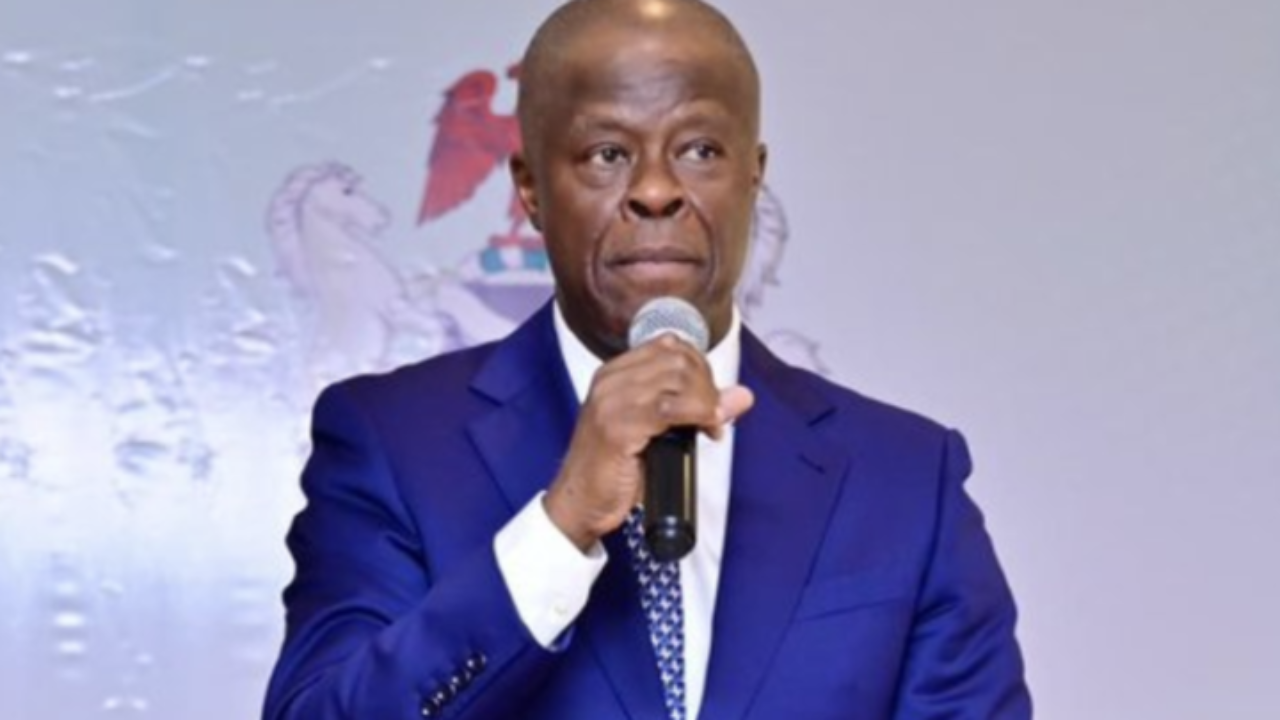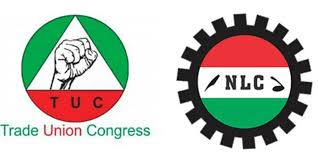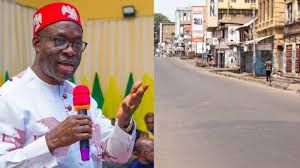
Wale Edun outlines plan to boost investment, productivity, and job creation under Tinubu’s ‘Renewed Hope’ agenda….
The Federal Government is set to review tariffs and import restrictions as part of the next phase of economic reforms aimed at stimulating investment and boosting productivity, Finance Minister Wale Edun has announced.
Speaking on Thursday during the Federal Executive Council (FEC) meeting presided over by President Bola Tinubu, Edun, who also serves as coordinating minister of the economy, said a comprehensive review of the federation and federal balance sheets is underway to optimize asset management and promote inclusive growth.
“The next phase of reforms will remove barriers holding back investors. We will review tariffs and import restrictions to stimulate productivity and investment,” he said.
“We are improving fiscal reporting and budget realism, tightening expenditure frameworks, and ensuring reform gains reach all Nigerians.”
Edun noted that the reforms implemented under the ‘Renewed Hope’ agenda though sometimes bold and unpopular are guided by the vision of building a competitive economy that attracts investment, creates jobs, and lifts millions out of poverty.
Strong GDP Growth and Economic Stability
Highlighting Nigeria’s macroeconomic performance, the minister revealed that the country’s GDP grew by 4.23 percent in Q2 2025, marking the highest quarterly growth in a decade outside the COVID-19 rebound.
“Thirteen sectors recorded growth above 7 percent, up from nine in the previous quarter, reflecting broad-based resilience. The industrial sector nearly doubled its growth from 3.72 percent to 7.45 percent, demonstrating rising productivity and investor confidence,” he said.
Edun added that inflation eased to 18 percent, foreign exchange reserves topped $43 billion, and the trade surplus exceeded ₦7.4 trillion, underscoring macroeconomic stability.
He also pointed to the successful issuance of a $2.25 billion eurobond, which attracted a $13 billion orderbook, as evidence of strong investor confidence despite political uncertainties.
Investment and Growth Priorities
Reaffirming the government’s ambition to achieve a ₦1 trillion economy by 2030, Edun said Nigeria must accelerate growth to 7 percent per annum by 2027, a goal that requires significant investment in key sectors.
“With public investment at only 5 percent of GDP, we must urgently develop investment-ready projects across multiple sectors to attract large-scale domestic and foreign capital,” he said.
He called on ministers overseeing sectors such as infrastructure, mining, agriculture, education, health, blue economy, digital innovation, and arts and culture to collaborate with state governments to identify and package projects that meet investor expectations.
Edun stressed the need for efficient use of resources, noting that Nigeria will increasingly rely on domestic funding as multilateral support remains limited.
“We must make the most of every naira to maintain economic momentum,” he said.



